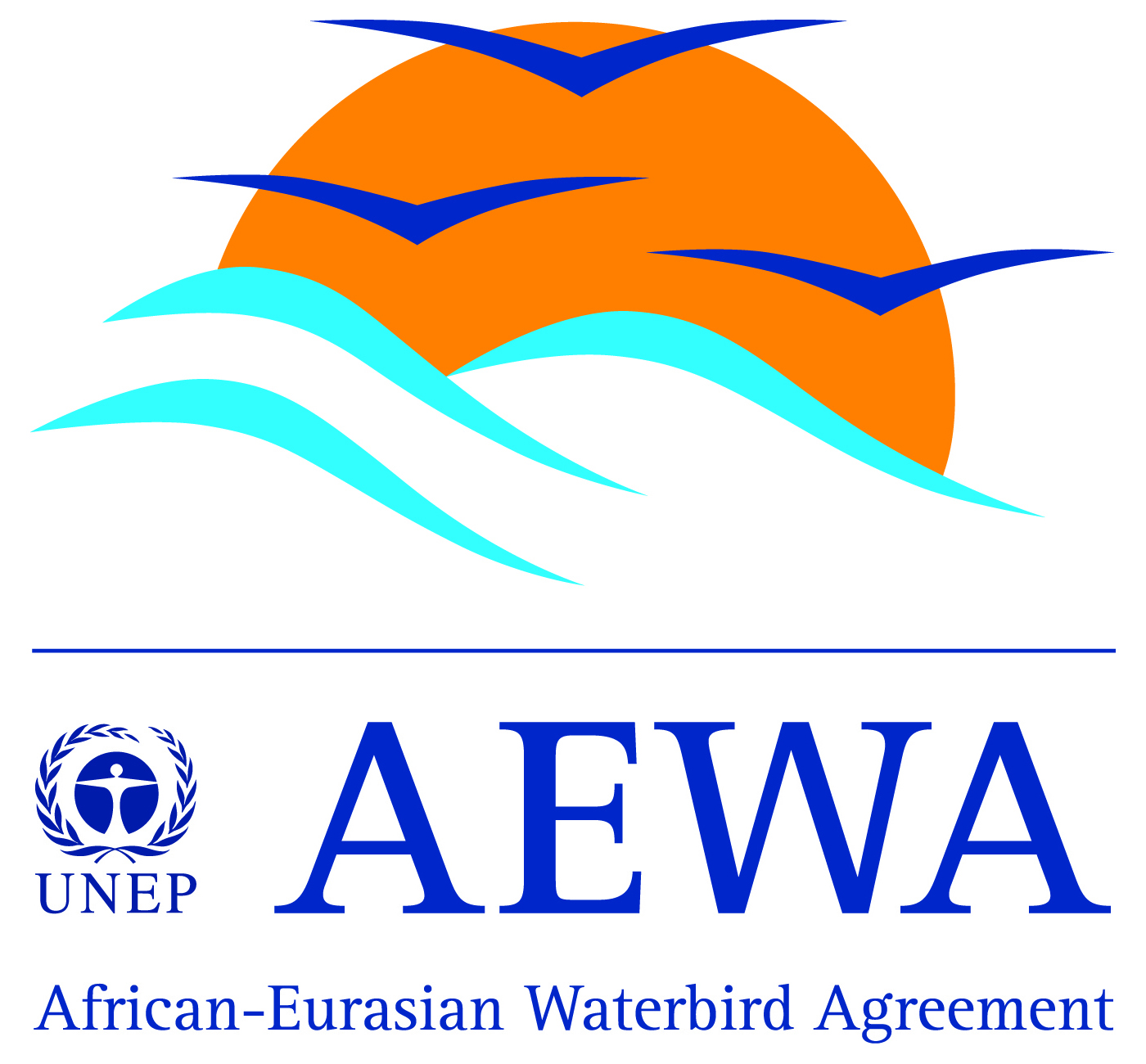
What Works in Conservation provides expert assessments of the effectiveness of actions, based on summarised evidence, in synopses. Subjects covered so far include amphibians, birds, mammals, forests, peatland and control of freshwater invasive species. More are in progress.
More about What Works in Conservation
Download free PDF or purchase
An online, free to publish in, open-access journal publishing results from research and projects that test the effectiveness of conservation actions.
Read the latest volume: Volume 21


)_2023.JPG)














